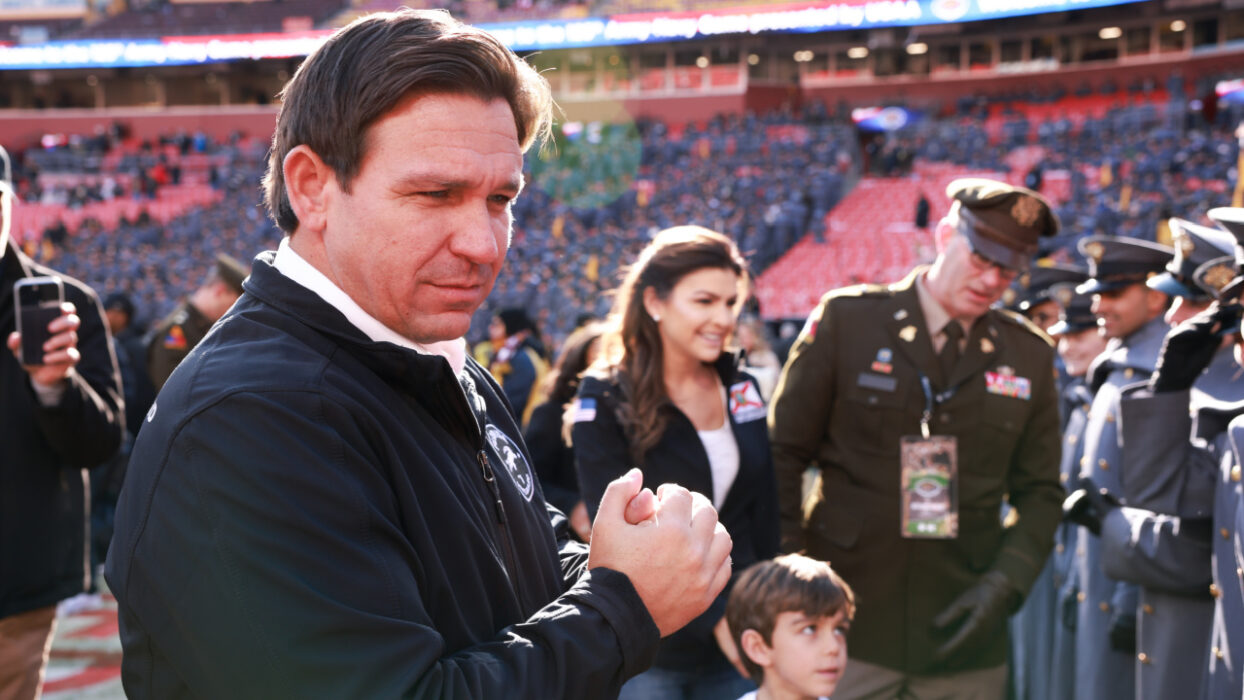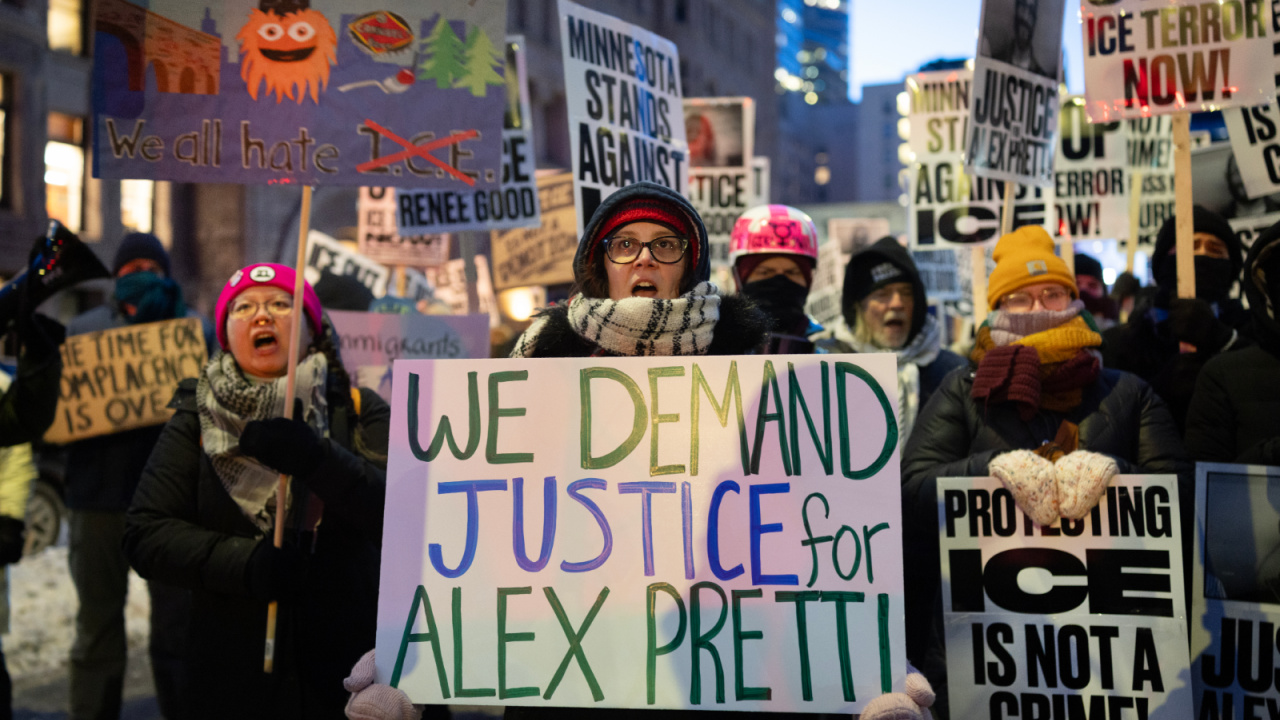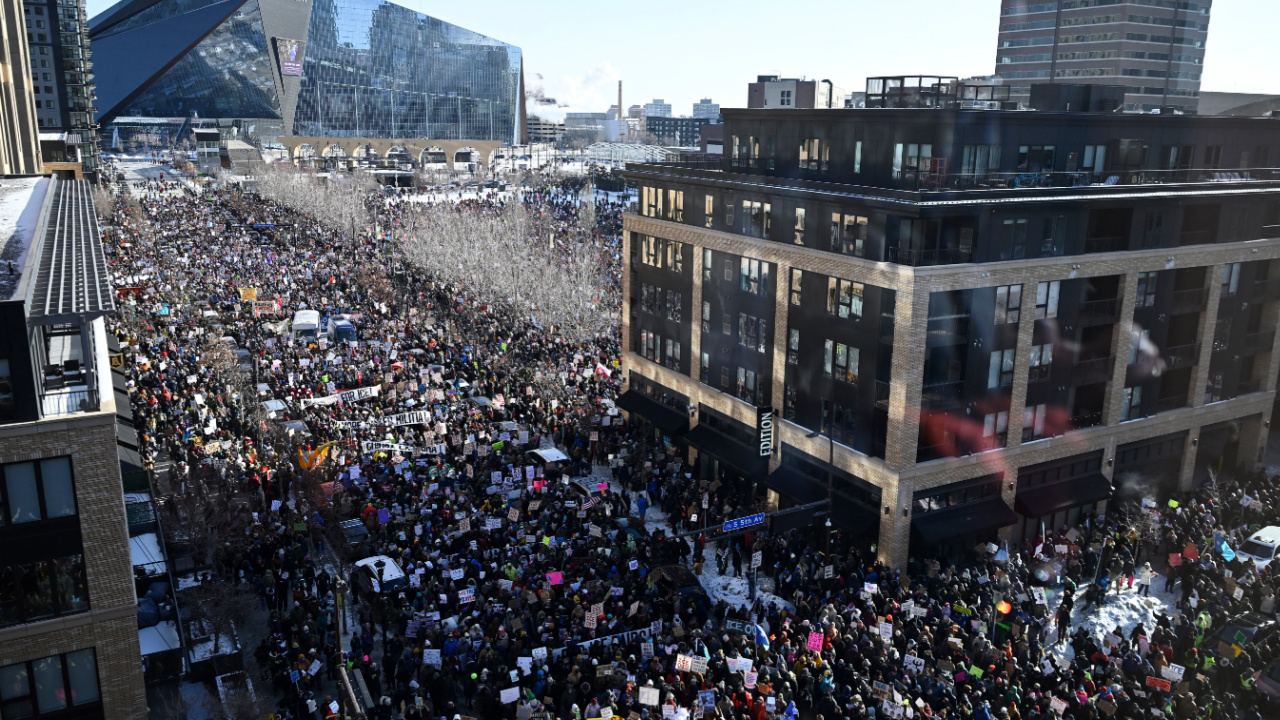
This Is How Florida’s Social Media Ban Bill Affects Users Under 16 Years Old
Florida Governor Ron DeSantis signed a bill on Monday to ban social media for children under the age of 14. The legislation, titled HB 3, also requires parental consent for children aged 14 and 15 to create social media accounts. It is set to take effect in Florida on January 1, 2025.
DeSantis’ new legislation marks one of the most restrictive social media bans for minors in the United States. Republican Speaker Paul Renner, who championed the bill, said he expects social media platforms “to sue,” but plans to “beat them.” He also stated that the platforms’ “addictive technologies” could harm children’s developing brains.
Still, many are speaking out against the newly-signed bill. In fact, some experts say it restricts Floridians’ right to access information— a constitutional right regardless of age. Here is everything we know about the HB 3 so far.
Florida’s new social media ban could fine social media platforms $50,000 per violation
The Florida law will require social media companies like Meta and TikTok to delete accounts of children under 14. If platforms maintain the accounts, children will have the right to sue the companies for up to $10,000 in damages. The platforms could also be fined up to $50,000 per violation.
This month, DeSantis vetoed a similar, more restrictive bill that would have banned social media for children under the age of 16— regardless of parental consent. At the time, the governor stated, “I don’t think it’s there yet, but I hope we can get there in a way that answers parents’ concerns.”
Now, the governor has signed a less-restrictive social media ban for kids that he says “gives parents a greater ability to protect their children.” House Speaker Renner stated after DeSantis signed the bill that “Florida leads the way in protecting children online.”
Renner also expressed his reasons for pushing the ban. “The internet has become a dark alley for our children where predators target them,” he stated. “Dangerous social media leads to higher rates of depression, self-harm, and even suicide.”
Governor DeSantis said he is “satisfied” that the law is constitutional, calling it “a fair application of the law and Constitution.” Supporters are confident the bill is constitutionally sound because it does not address speech, and focuses on children’s mental health.
“You will not find a line in this bill that addresses good speech or bad speech because that would violate the First Amendment,” Renner stated. “What we have addressed is the addictive features that are at the heart of why children stay on these platforms for hours.”
The law still might face legal challenges, with detractors saying that it “could create substantial obstacles for young people seeking access to online information.” Because of this, some might argue that the law still infringes on children’s First Amendment rights.
Meta opposed the new bill, saying that it would limit parental rights over their kids. They also said it raises data privacy concerns due to age-verification systems.
Several states have approved social media bans for children. For one, Utah requires children under the age of 18 to gain parental permission to open a social media account. “We’re no longer willing to let social media companies continue to harm the mental health of our youth,” Utah Governor Spencer Cox said at the time. Arkansas, Louisiana, Ohio and Texas have also signed similar laws.
Democratic Florida Representative Anna Eskamani said that the new bill “goes too far in taking away parents’ rights.” She said the state would benefit more from investments in “mental health systems and programs.”
Some parents are also unconvinced about Florida’s bill. Gresia Zamarripa, mother of the TikTok-viral “bang-cutting sisters,” previously told mitú that she thinks the ban is a “double-edged sword.” She said “it is not fair for those kids and families that are using social media in the right away.”




